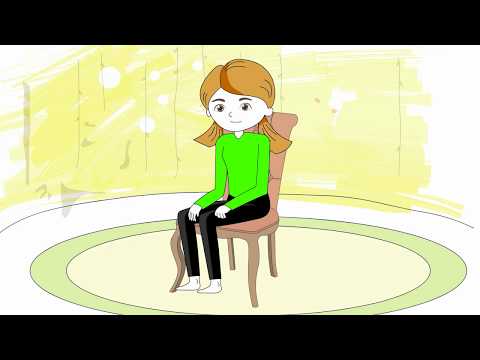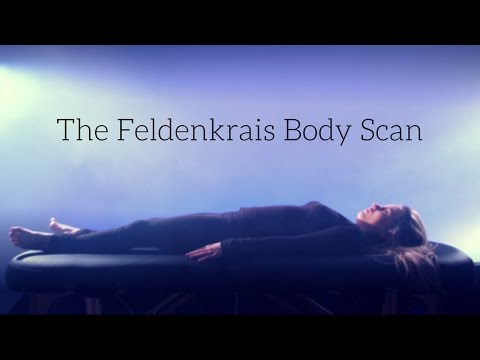Body Scan (Long): Mindfulness Meditation Practice, MBCT Body Scan
Dr Hagen Rampes
The Body Scan is a classic mindfulness practice (with acknowledgement to Jon Kabat-Zin) which is taught in mindfulness courses. The practice is best done lying down. The intention of the practice is to train one’s attention to observe body sensations systematically in different parts of the body. It’s best to approach the practice without any expectations.
Practising mindfulness as taught in MBCT can prevent depressive relapse in people who have experienced recurrent depression and there is emerging evidence that it is helpful for people who have experienced other mental health problems.
The following is an extract from : Prashad J., Rampes S. & Rampes H. (2014). “Benefits of MBCT in treating depression relapse.” The Chronicle of Neurology & Psychiatry 17(2): 3-13.
Major Depressive Disorder is among the most prevalent mental disorders, affecting approximately 15% of adults. 50% of patients who recover from an initial episode of depression will have a subsequent episode, and patients with at least two prior episodes have a 70% lifetime risk of relapse. These high rates of relapse have been traditionally managed with a combination of antidepressant medication and cognitive behavioural therapy (CBT). MBCT has emerged as an alternative intervention for preventing depression relapse.
CBT provides acute treatment for mild to moderate depression and helps individuals to recognize that their thinking styles contribute to their sad moods and despair. While CBT’s focus is changing thought content, MBCT involves a characteristic decentering from automatic, negative cognitive routines rumination. MBCT combines the principles of mindfulness with those of CBT with mindfulness being the core component.
Mindfulness is a style of meditative practice that involves the intentional focusing of one’s attention on awareness of the present moment. The attitude that is cultivated during mindfulness practice is one of being a curious observer: noticing body sensations, thoughts, feelings whilst being non-judgemental, non-striving and accepting.
It was Zindel Segal (University of Toronto), Mark Williams (University of Oxford) and John Teasdale (University of Cambridge) who developed MBCT. The program was adapted from the 8 week Mindfulness Based Stress Reduction (MBSR) program developed by Jon Kabat-Zinn (University of Massachusetts Medical School).
An expanding body of research literature reveals that mindfulness induces physiological changes in the brain and alters neural processes. The amygdala, cortical midline structure, anterior insula and lateral prefrontal cortex have all been implicated in these changes. A recent randomised clinical trial RCT by Segal () concluded that “MBCT offers protection against relapse/recurrence on a par with that of maintenance antidepressant pharmacotherapy”. A meta-analysis by Piet () of 6 studies involving 593 patients found that MBCT significantly reduced the risk of relapse by 35% and for patients who had 3 or more past episodes of depression, the reduction was 44%. They also reported that both MBCT and antidepressant medication reduced relapse risk to a similar degree. The National Institute for Clinical Excellence (NICE) in the United Kingdom recommends MBCT as an effective treatment in the prevention of depressive relapses.
Dr Hagen Rampes
MBCT resources
UCSD Center for Mindfulness
Institute of Noetic Sciences
The Centre for Mindfulness Studies
Be Mindful
Neale Donald Walsh
What Makes You Happy?
Billions in Change
Thrive. What on Earth will it Take
Divine Cosmos
0 views
Date: December 5, 2017
Related videos







